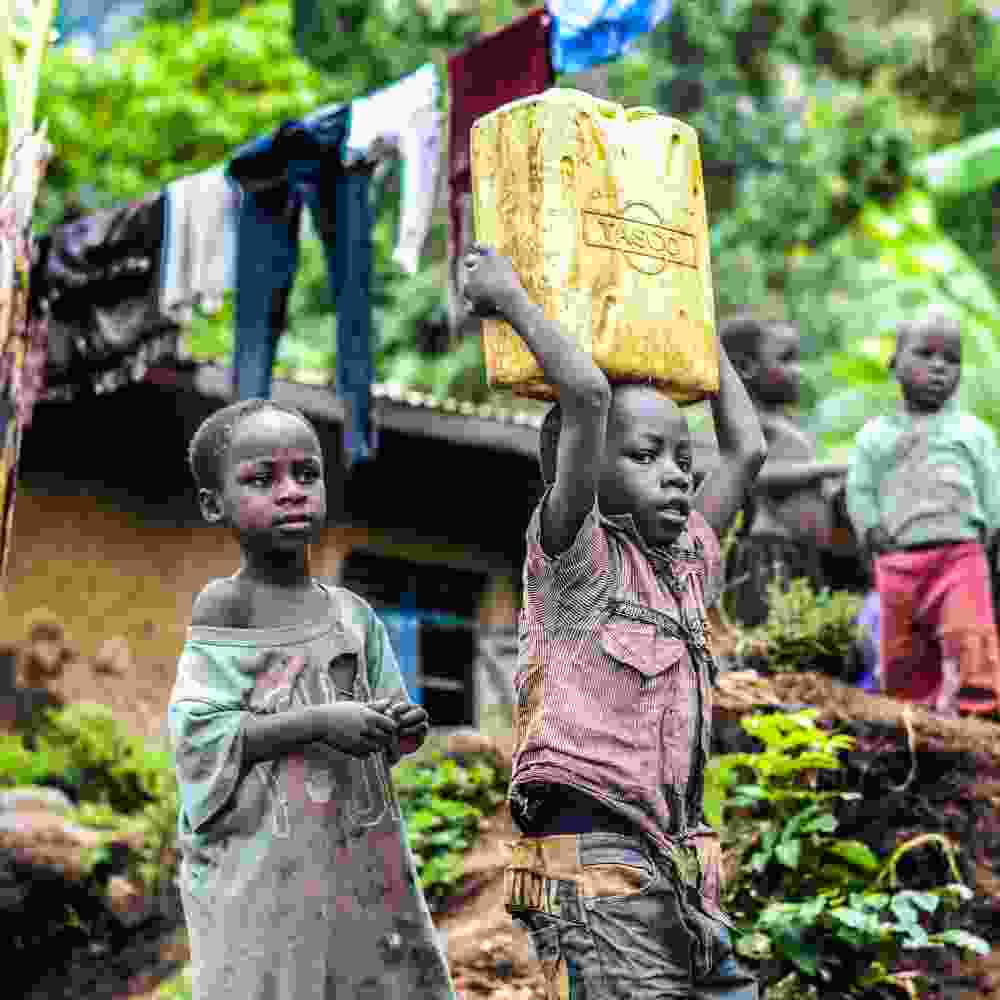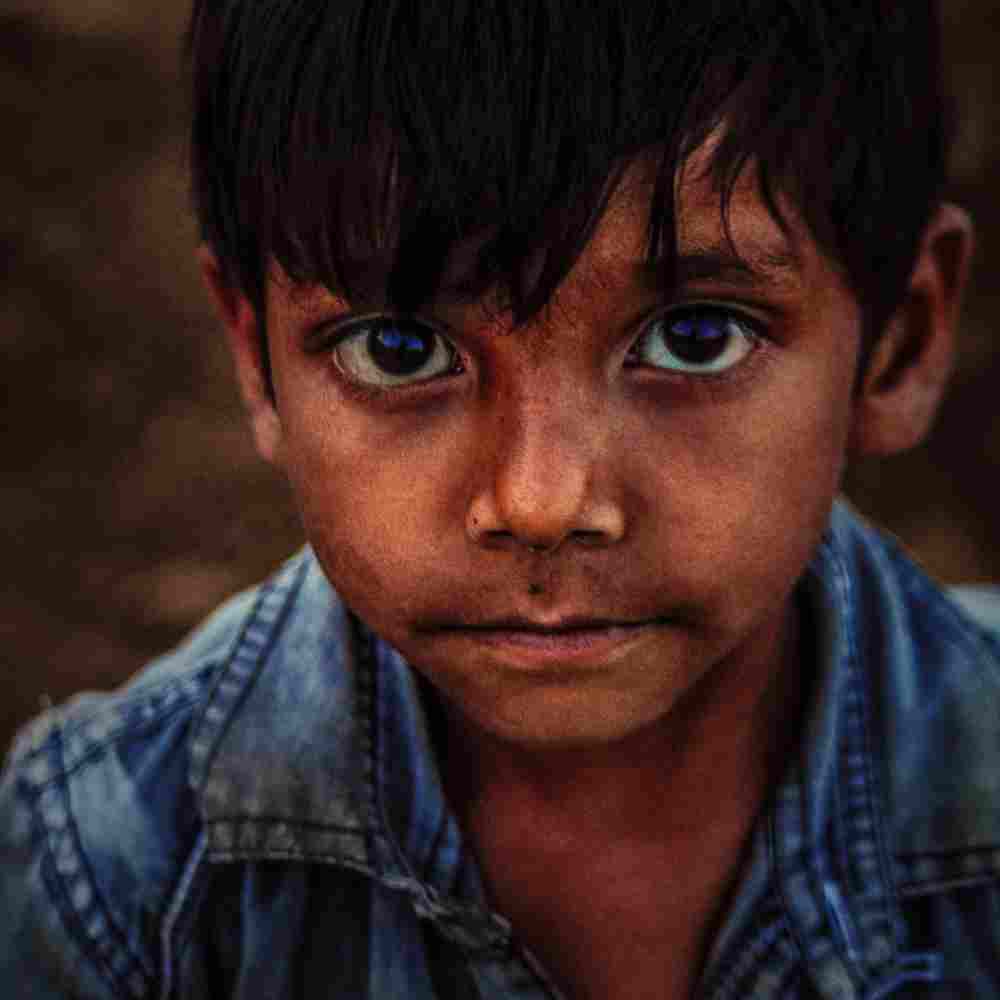Effects of Child Labor
The effects of child labor are vast and often have lifelong impacts. When a child is forced to work instead of going to school, they are deprived of more than just education.
Here are some negative effects of child labor:
While childhood is a formative time of development, this development is often stunted for those in child labor. Cognitive development—their ability to learn, explore and reason—is hindered as well as relational development. When kids are in school, they learn to interact with their peers and develop friendships. When children are put in the workforce, this relational development often does not happen. Many of the children involved in child labor were born into poverty and have no way of escaping to a better life. They are not qualified or equipped for other jobs. Therefore, the poverty cycle continues.
Children in labor industries are often seriously injured or they do not correctly develop physically. The International Labor Organization estimates there are 2.78 million work-related deaths annually and 374 million injuries and illnesses each year. According to ILO Director-General Guy Ryder, “Children and young workers are at greater risk and suffer disproportionately and with longer-lasting consequences.”1 The World Bank agrees. They estimate that 10 percent of all child labor-related injuries are crushing accidents, amputations and fractures.2 Children who work in agriculture often encounter pesticides and other chemicals that cause lasting harm to them as children or later in life. Manufacturing jobs often endanger children with toxic substances and solvents.
Children involved in child labor are at risk of being trafficked, especially if they are walking long distances for work or taking dangerous routes. UNICEF states, “Children on the move risk being forced into work or even trafficked – subjected to violence, abuse and other human rights violations.”3 The 30 million children who work outside of the country of their birth are at serious risk of trafficking, either for sexual exploitation or as a wartime soldier.
Click here, to read more about this article.
Click here, to read more blogs in Gospel for Asia.Org



Comments
Post a Comment